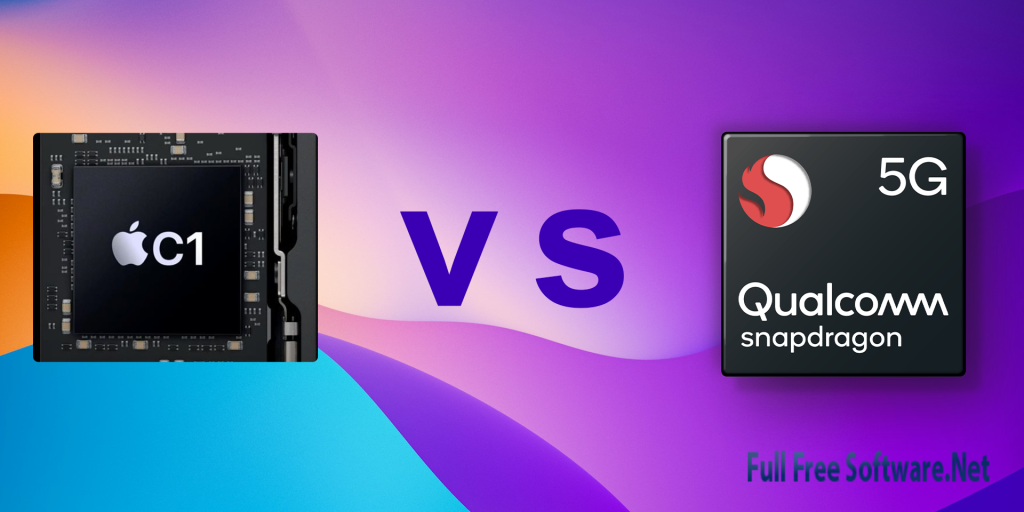Apple C1 vs Qualcomm: Ookla Test Reveals Which Chipset Delivers Better 5G Performance

Apple C1 vs Qualcomm: Ookla Test Reveals Which Chipset Delivers Better 5G Performance. Since the release of Apple’s first in-house data chipset, the Apple C1, there has been significant interest in whether its connectivity and mobile network performance could compete with Qualcomm’s chipsets.
Apple C1 vs Qualcomm
According to the latest research report by Ookla, a globally renowned network speed testing company, the Apple C1 chipset surpasses the Qualcomm Snapdragon X71 in several key performance metrics, showcasing Apple’s technological advancements in hardware.
Ookla’s Test Results
Ookla conducted tests using the iPhone 16e (equipped with the C1 chipset) and the iPhone 16 (featuring Qualcomm’s chipset) across three major U.S. mobile networks (AT&T, Verizon, and T-Mobile). The evaluation took place under three different usage scenarios:
- 10% Lowest Performance: Weak network conditions
- 50% Median Performance: Standard user experience
- 90% Peak Performance: Ideal connection speeds
The results revealed that in areas with poor reception or weak connectivity, the iPhone 16e with the C1 chipset performed significantly better than the iPhone 16 with Qualcomm’s chipset, achieving a download speed of 27.35 Mbps, compared to Qualcomm’s 16.66 Mbps.
In average network conditions, the difference was smaller, but the Apple C1 chipset still outperformed Qualcomm when paired with AT&T and Verizon, reaching average download speeds of 217.64 Mbps and 210.55 Mbps, respectively. However, in T-Mobile’s network tests, Qualcomm’s chipset had the upper hand.

Under strong signal conditions, Qualcomm’s chipset delivered higher maximum download speeds, averaging 756.13 Mbps, compared to 560.4 Mbps for the Apple C1. However, Ookla noted that such extreme speeds have limited real-world impact, as most applications do not require such high bandwidth.
Furthermore, Apple C1 outperformed Qualcomm in all major upload speed tests across different carriers. On AT&T and Verizon, the C1 chipset’s upload speed was nearly double that of Qualcomm, while on T-Mobile, the difference was smaller but still in favor of Apple.

Apple C1 Challenges Qualcomm’s Dominance
Although Apple C1 lacks mmWave 5G support, it delivers stable and efficient performance in Sub-6GHz frequencies, while also consuming less power. This results in an extended battery life for the iPhone 16e, offering approximately 3 more hours of usage compared to the Qualcomm-powered iPhone 16.
Ookla’s test results confirm that Apple’s first in-house data chipset, despite being in its initial version, can compete with Qualcomm’s industry-leading solutions. While there is still room for improvement, the C1 chipset has already demonstrated strong competitiveness. Additionally, Apple has already begun developing its next-generation Apple C2 chipset, which is expected to be directly integrated into future A-series processors, further improving performance and reducing costs.





